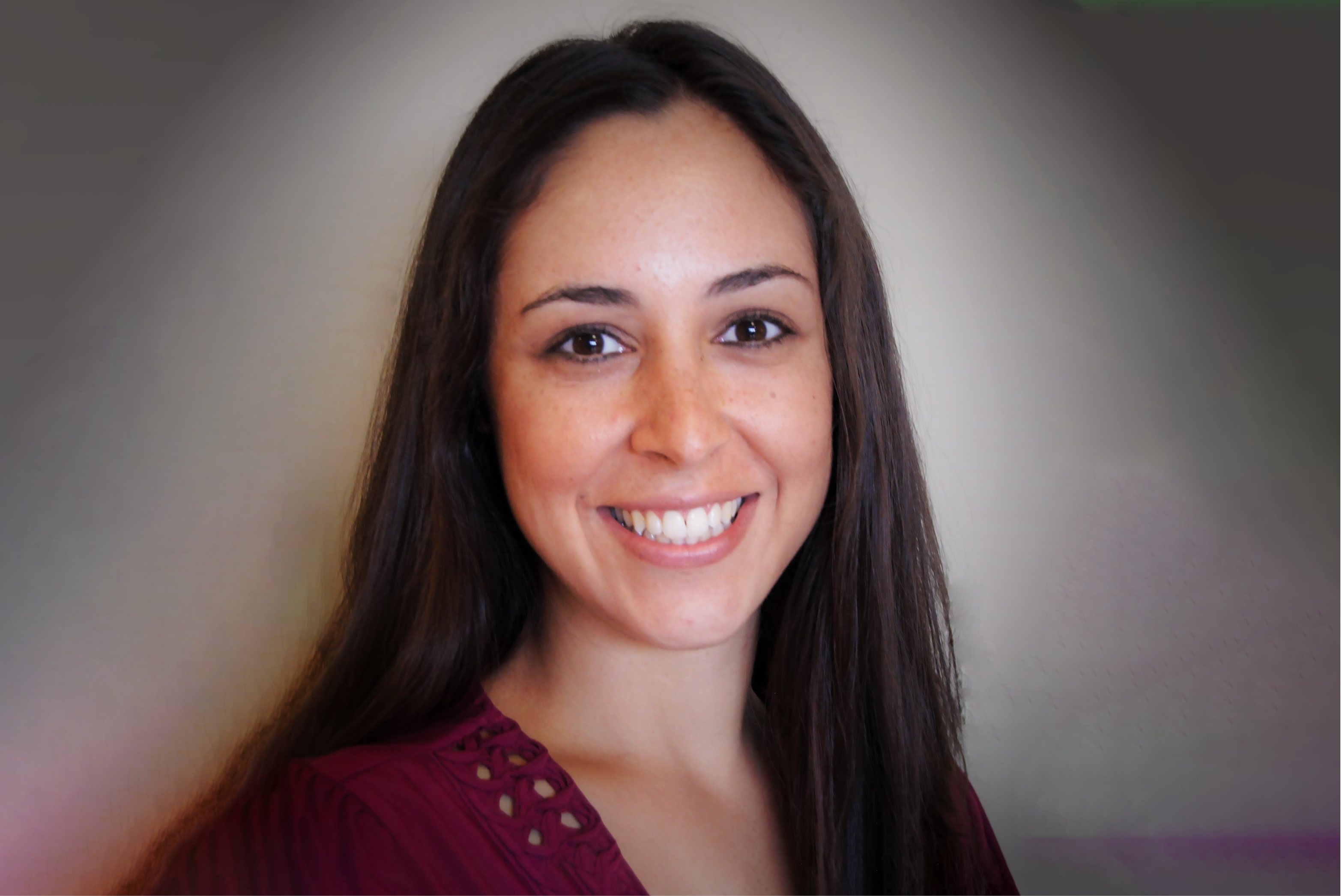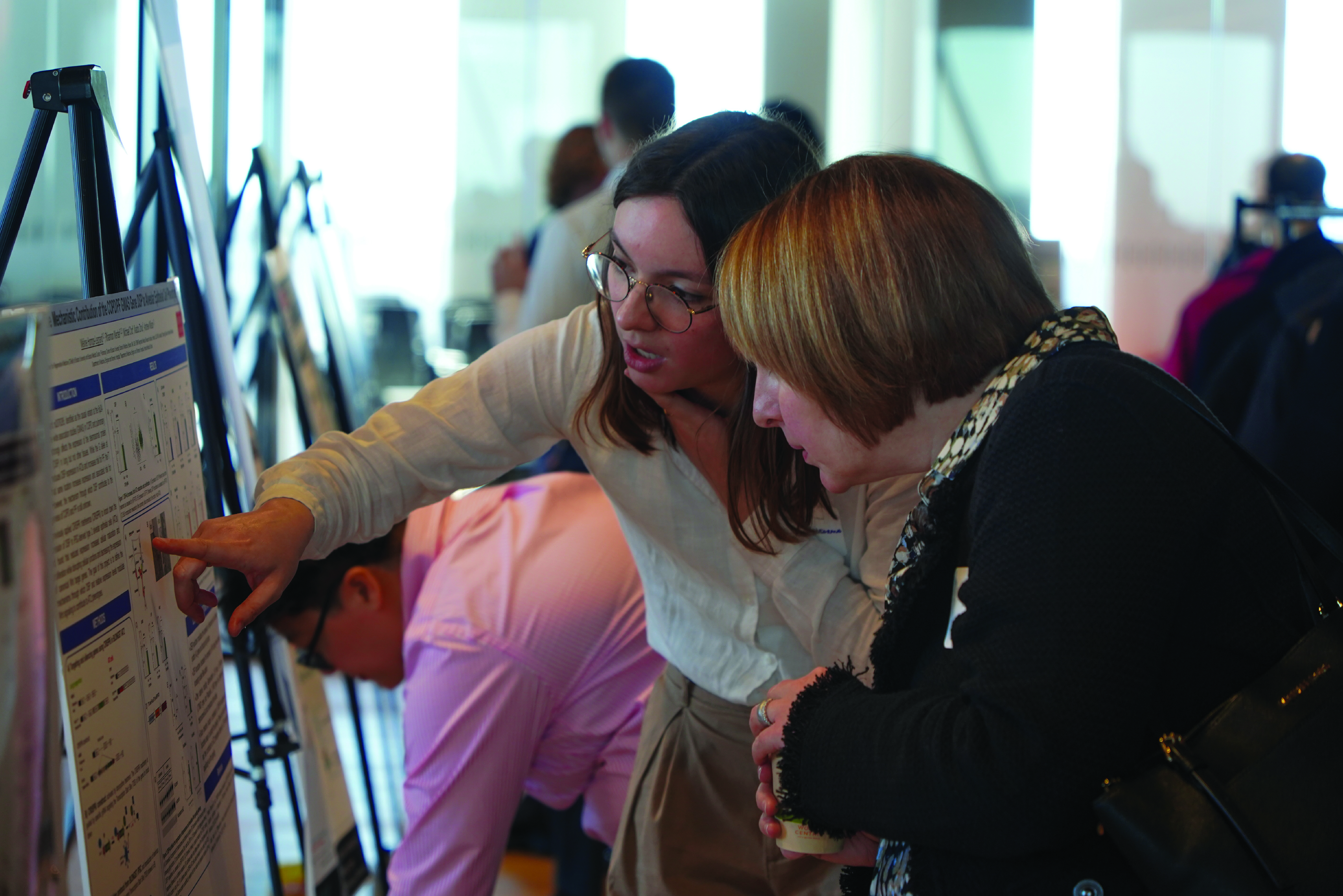Data Science & Research Infrastructure at BMC, BU CTSI, & Boston Health Net
BMC, Boston Health Net, and the BU CTSI are working together to support data science and research focused on people living in the city of Boston. BMC is the largest safety net provider in New England and nearly all of our Community Health Centers (CHCs) are Federally Qualified Health Centers (FQHCs). With BMC’s long history of EHR-based care dating back to 1999 and affiliated CHCs back to 2003, we now have two decades of EHR data. The Epic EHR has been in use at nearly all sites since 2015. We seek to make rich data accessible to researchers nationally, yet protect patient privacy.
Foundational Systems and Networks
The foundation for our research data systems is the BMC Clinical Data Warehouse (CDW), a repository of all the source data and its translations at BMC, which is most frequently used through expert consultations with data analysts within the BMC CDW. The BU CTSI Biomedical Informatics Core (BU BIC) technical team regularly extracts data from EHR data in the BMC CDW and transforms them into the “Observational Medical Outcomes Partnership (“OMOP” and “PCORnet”) Common Data Models (CDM). Researchers can use web-based tools (WebClient or Atlas) to perform aggregate queries without additional IRB approval and can also request de-identified data extracts with IRB approval. Having these two CDMs available allows up to participate in multiple national data research networks.
ENACT Network
The ENACT is the largest federated network for regulatory-compliant EHR-based research. ENACT is a multi-center, real-time, open-access platform that allows researchers to explore and validate feasibility for clinical studies using aggregated electronic health record data from over 125M patients nationwide. Investigators are able to query the network in real-time and to obtain aggregate counts of patients who meet clinical trial inclusion and exclusion criteria from U.S. sites. The ENACT network infrastructure provides a basis for cohort discovery and for developing new informatics tools to identify and recruit participants for multi-site clinical trials.
TriNetX
TriNetX is a cloud-based informatics platform that allows users to analyze aggregate patient populations and facilitate clinical research, study design, and clinical trial recruitment. Investigators at Boston Medical Center and Boston University have access to BMC’s de-identified patient data through a self-service, user-friendly interface and state-of-the-art visualization and analytic functions. TriNetX helps investigators explore patient populations in depth and demonstrate study feasibility in funding proposals and IRB submissions.
For general information and how to gain access to this platform please click here.
For a quick start guide for using TriNetX please click here.
National COVID Cohort Collaborative (N3C)
- The N3C COVID Enclave is a public-private-government partnership established during the Coronavirus pandemic to create a centralized data resource aimed at improving the efficiency and accessibility of analyses with COVID-19 clinical data, expanding our ability to analyze and understand COVID, and demonstrating a novel approach for collaborative pandemic data sharing. By leveraging our collective data resources, unparalleled analytics expertise, and medical insights from expert clinicians, we can synergize discoveries that address the pandemic beyond the sum of our parts.
- The mission of the N3C Education Tenant is to provide educators and learners a space to develop and practice the skills needed to analyze real-world data (RWD, e.g., non-clinical trial data, such as data from medical records, insurance claims, patient surveys, or census or community datasets). The Education Tenant provides simulated (also known as ‘synthetic’ or notional) datasets to learn on, as well as a series of training tutorials, the Researcher’s Guide to the N3C – a virtual textbook of the concepts and skills needed to study RWD, and access to many of the shared resources available to the broader N3C community.
- The National Clinical Cohort Collaborative (N3C) Cancer Tenant is part of a broader feasibility testing initiative being done to refine the overall governance, data linkage, and institutional partnership components of N3C. The objective of the Cancer Tenant is to test the feasibility of linking data from multiple sources to generate a comprehensive data tenant.
- The National Clinical Cohort Collaborative (N3C) Renal Tenant is part of a broader feasibility testing initiative being done to refine the overall governance, data linkage, and institutional partnership components of N3C. The objective of the Renal Tenant is to test the feasibility of a “Freeport” Inter-HHS agency data-sharing enclave, and to better understand and conceptualize the patient journey through CKD to dialysis, transplant, and beyond.
PaTH Network
The PaTH Network utilizes Patient Empowered Research to address the questions and concerns that matter most to our communities in order to make better health decisions. PaTH is a Clinical Research Network comprised of Boston Medical Center, Geisinger, Johns Hopkins University, Johns Hopkins Health System, Penn State College of Medicine, Penn State Milton S. Hershey Medical Center, RUSH, Temple Health System, Lewis Katz School of Medicine at Temple University, the University of Pittsburgh, UPMC and UPMC Health Plan, The Ohio State University, The Ohio State University Wexner Medical Center, University of Michigan, and Michigan Medicine. By working together as one network, research can be done in larger and more diverse populations than a single health care system. PaTH works directly with patients, care providers, and the larger health care community to better understand what’s most relevant to patients and improve care delivery.
Boston University CTSI Biomedical Informatics Core (BU-BIC)
The Boston University Clinical and Translational Sciences Institute Biomedical Informatics Core (BU-BIC) seeks to support the BU/BMC research community in their efforts to use data to advance clinical and translational research. We do this by providing rich local data resources as well as the tools and expertise to use these resources. Our priority is to focus on the people living in Boston and surrounding areas. We use clinical data from BMC, our affiliated Community Health Centers, and work with others on a national and international scale. We recognize that consultation and advice are often needed by researchers to understand what is available and how to use the rich data and informatics resources within the BUMC community.
BU-BIC partners with BU/BMC investigators to improve access to clinical data and provide consultations. Email BU CTSI Services to learn more.
Additional Biomedical Informatics Resources available to our research community
Data Science and Informatics are also core elements of other areas within the BMC/BU research community. We encourage researchers to reach out and explore these resources which include:
Boston Medical Center Clinical Data Warehouse for Research (CDW-R)
- The Boston Medical Center (BMC) Clinical Data Warehouse for Research (CDW-R) is a centralized resource to access patient-level and population-level data for research. CDW-R analysts extract clinical information from BMC’s Electronic Health Records (EHR) and other health system-related data streams to leverage data for research. The CDW-R team also collaborates with Departments and Divisions to increase research infrastructure and better leverage data for research purposes.
Rafik B. Hariri Institute for Computing and Computational Science & Engineering
- The Hariri Institute is a federation of 10 centers and initiatives spanning artificial intelligence (AI), computational science and engineering, computer systems and cloud computing, information and cyber security, and digital health. Our mission is to catalyze cross-disciplinary collaborations among researchers, enabling them to address important problems, make ground-breaking advances, build self-sustained research programs, and have lasting societal impact.
Center for Health Data Science
- The Center for Health Data Science promotes the development and quality of health data science research. We aim to create new interdisciplinary research synergies between health data science researchers, provide opportunities for education and training in data science, and ultimately facilitate the generation of new insights from large data sources to advance population health worldwide.


